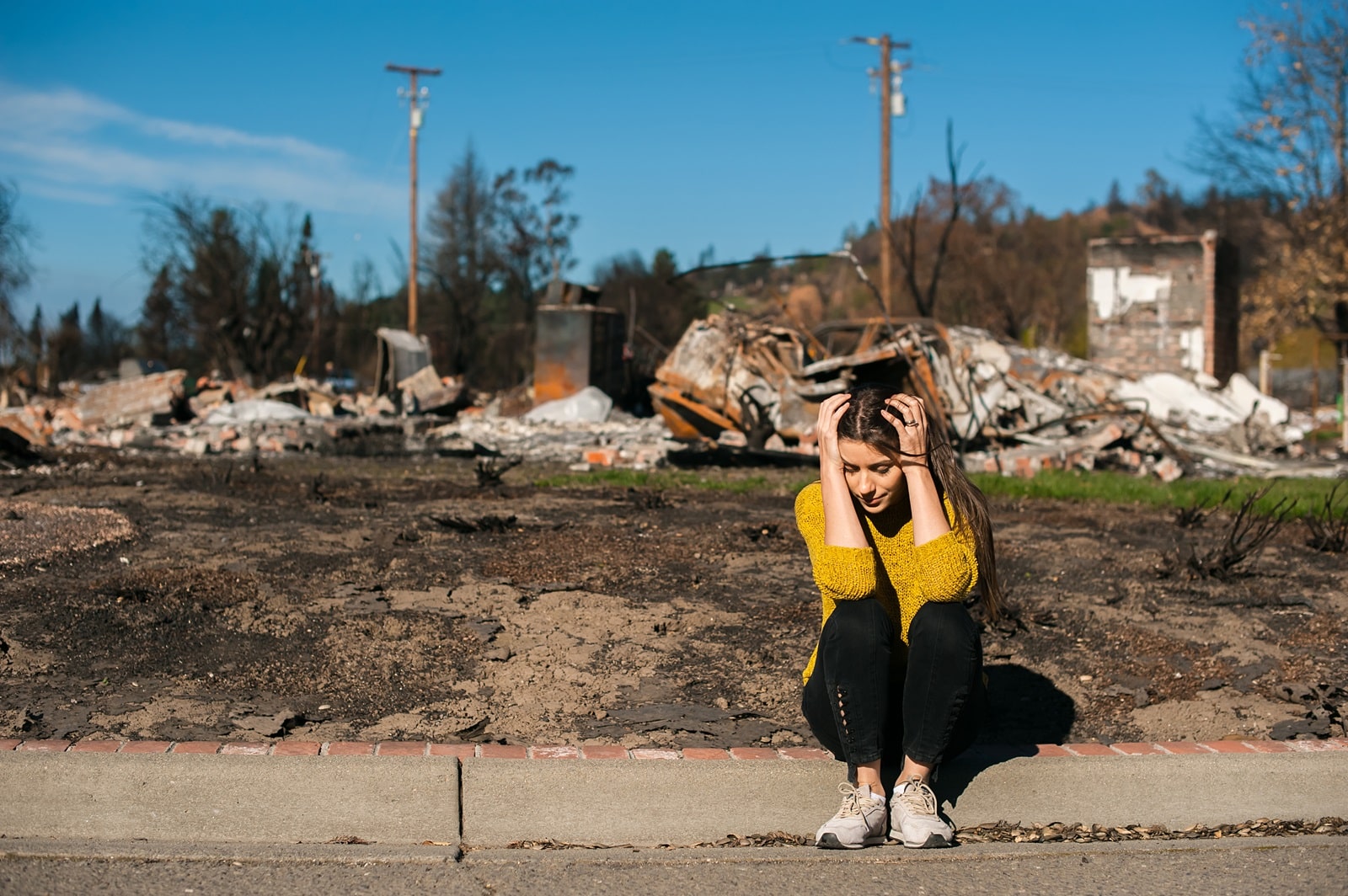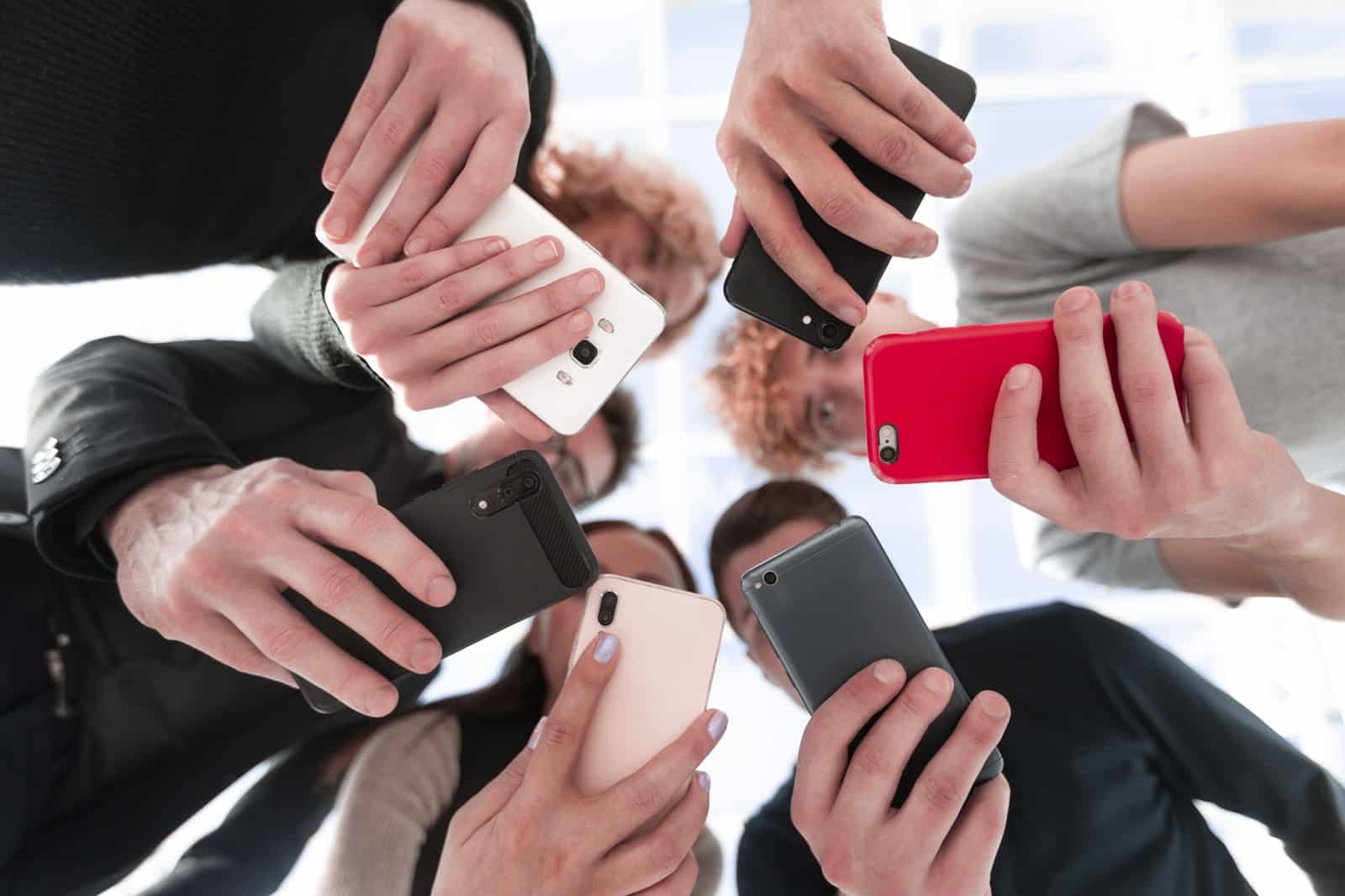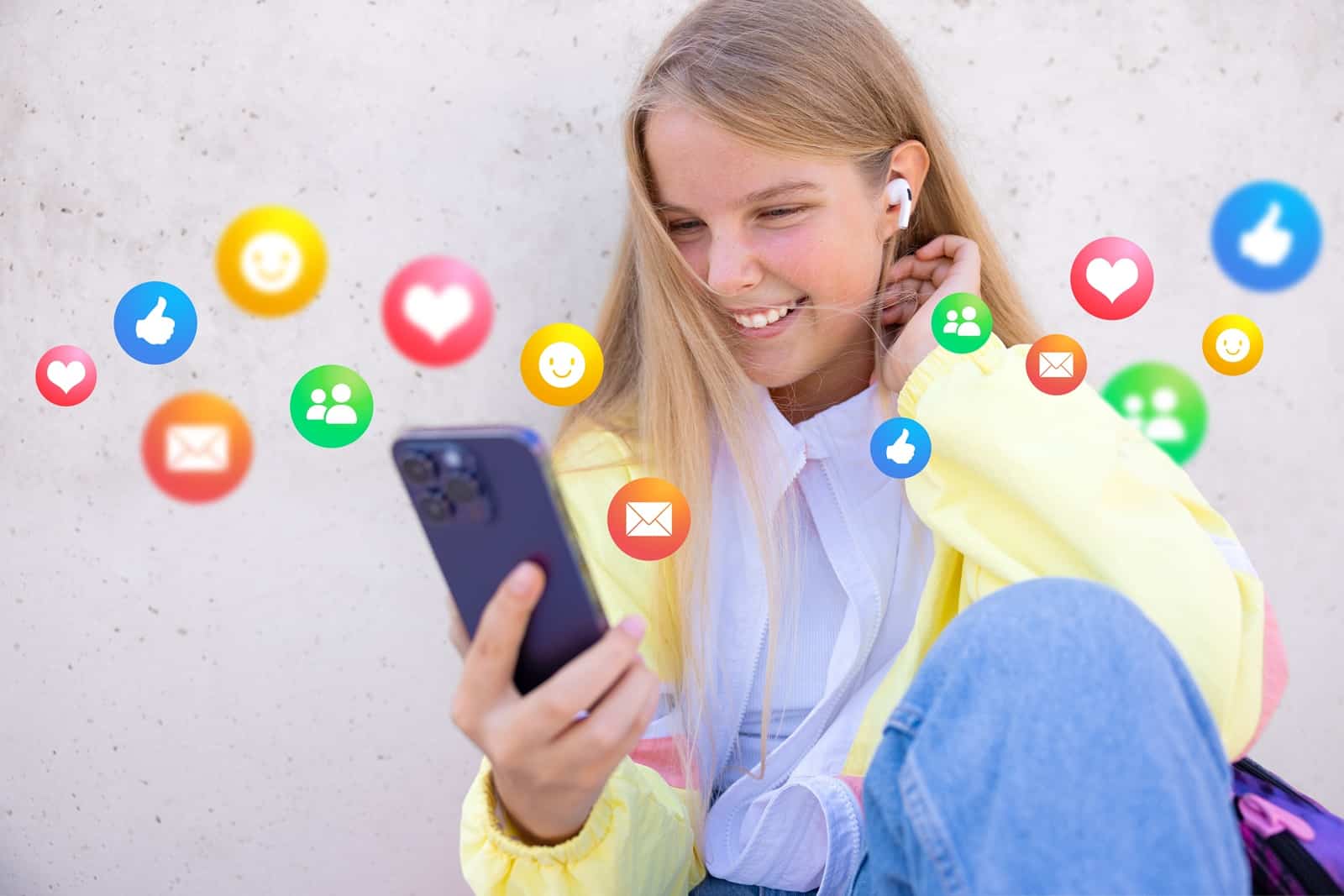In a world where the greatest tragedy is not being seen, millennials across the globe faced their darkest hour yesterday when Instagram and Facebook, the twin pillars of their existence, vanished into the digital abyss.
Lost in the Sea of Reality

For 24 harrowing hours, an entire generation was left adrift on a life raft made of existential dread, floating in the sea of “real life.”
Here’s how they coped with the catastrophe that historians will surely dub “The Day the Filters Stopped.”
The Initial Shockwave

It started as a day like any other. Lattes were sipped, selfies were snapped, but then—darkness. As the apps crashed, so did the souls of countless millennials. Confusion reigned.
Was it their Wi-Fi? Had they been personally banned for excessive hashtagging? No, the horror was universal. Instagram and Facebook were down. Everywhere.
Stages of Grief

First came denial. Refresh buttons were furiously tapped, but to no avail. Then anger, as the realization set in that brunches couldn’t be documented and witty status updates would go unwritten. Bargaining followed; promises were made to never take a dog filter for granted again.
Go Outside

Depression hit when it became clear that the world would remain unupdated on their meal prep routines. Finally, acceptance—perhaps they would have to (gulp) go outside.
The Search for Alternatives

In desperation, some turned to some platform formally known as only to remember they had no idea how it worked. Others tried Snapchat, but it felt like sending smoke signals into the void – it’s not for us they deemed. LinkedIn was considered and promptly disregarded because, honestly, who was that desperate?
Rediscovering Ancient Technologies

With their primary communication tools obliterated, millennials were forced to engage with archaic artefacts.
Face-to-Face Horror

Text messages were sent, phone calls were made (the horror!), and some even resorted to—dare we say it—face-to-face conversations. Reports of strange, boxy devices called “books” being opened were widespread.
The Great Outdoor Misadventure

Venturing outside, millennials discovered a mysterious realm called “The Outdoors.” With no Instagram-worthy landscapes or selfie opportunities, confusion abounded.
No Check-Ins

Was nature even real if you couldn’t filter it? Many attempted to “check-in” to the park, only to be met with the harsh reality that there was no app for that.
The Emotional Toll

Without validation from likes and comments, self-esteem plummeted. How could one be sure they had a good time without external affirmation? Personal crises ensued.
Debates Erupted

If a tree falls in a forest and no one is around to Instagram it, does it make a sound? Philosophical debates erupted in coffee shops across the nation.
The Aftermath

As the sun set on the most trying day in millennial history, Instagram and Facebook flickered back to life. Rejoice! The ordeal was over.
#Blessed

Posts about surviving the outage flooded feeds, each accompanied by a lengthy, introspective caption about the fragility of digital life and the importance of being present. #Blessed #Survivor #NeverForget
The Great Blackout of March 5th

The great blackout taught us all a valuable lesson: that life is more than just a series of posts and stories. It’s also about tweets, TikToks, and the occasional YouTube video.
Never Again

So let us raise our avocado toasts to resilience, to survival, and to the hope that we may never have to endure such a calamity again. Until the next update fails, we remain, perpetually online.
More Articles Like This…
Broken Britain: 12 Reasons Behind the UK’s Decline
Say the Unsayable: 10 Occasions When Farage Spoke His Mind About Britain
The post Meta Service Blackout: How Millennials Survived Without Likes and Social Media Validation first appeared on Edge Media.
Featured Image Credit: Shutterstock / Prostock-studio.
For transparency, this content was partly developed with AI assistance and carefully curated by an experienced editor to be informative and ensure accuracy.
Sarah Griffin is an experienced writer known for her incisive analysis of UK politics and human rights issues. Her work blends depth and clarity, providing insightful and often satirical commentary on the contemporary political landscape

